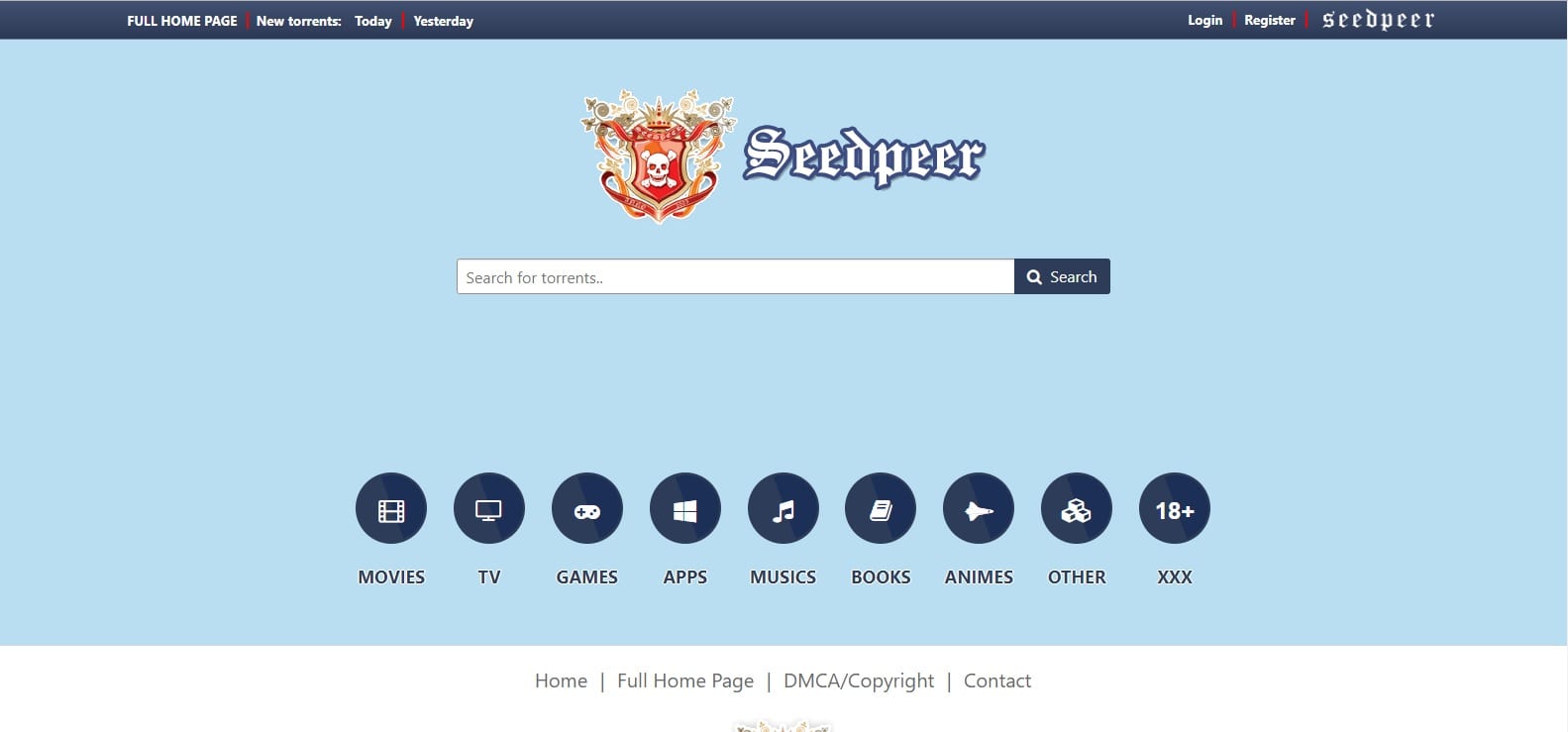Perfect Uninstaller Torrent Tpb
- 19 Comments!

===================== Hellow Good news for you ===================== Hello brother, what are you listening to, how well my files are Do not understand if there is a file that is not installed on your computer My file's system My file system is so beautiful I have a lot of quality of my files, the most advanced files are! For example: software games (pc) then Mac There is no virus in my file No problem you wear to download Supported Operating Systems are: Windows 10 Windows 7 Windows 8 Windows 8.1 ==================================================================================== Everything you need on your computer, if there is a lot of my file, you can download no problem Thank you for downloading my file again if needed ==================================================================================== good bye bye.
• • • A user called Greg Maxwell just uploaded a torrent with 18,592 scientific publications to, in what appears to be a protest directed both at as well as the scientific publishing model in general. All the documents of the 32-gigabyte torrent were taken from JSTOR, the academic database that’s at the center of the case against Swartz.
Perfect Uninstaller Free Download Version 6.3.4.0 by Softlay Editor Updated 27 April, 2018 Perfect uninstaller version 6.3.4.0 free download for windows XP/7/8/10.
The torrent consists of documents from the, the copyright to which has long since expired. However, the only way to access these documents until now has been via JSTOR, as Maxwell explains in a long and eloquent text on the Pirate Bay, with individual articles costing as much as $19. “Purchasing access to this collection one article at a time would cost hundreds of thousands of dollars,” he writes. Maxwell goes on to explain that he gained access to the documents years ago in what he says was a legal manner, but he was afraid to publish them because of potential legal repercussions from the publishers of scientific journals.
He says the indictment of Swartz, who allegedly tried to download thousands of files from JSTOR through the library at MIT, made him change his mind: Academic publishing is an odd system — the authors are not paid for their writing, nor are the peer reviewers (they’re just more unpaid academics), and in some fields even the journal editors are unpaid. Sometimes the authors must even pay the publishers. And yet scientific publications are some of the most outrageously expensive pieces of literature you can buy. In the past, the high access fees supported the costly mechanical reproduction of niche paper journals, but online distribution has mostly made this function obsolete.
As far as I can tell, the money paid for access today serves little significant purpose except to perpetuate dead business models. The “publish or perish” pressure in academia gives the authors an impossibly weak negotiating position, and the existing system has enormous inertia.” Maxwell goes on to explain that he initially planned to upload the documents to Wikipedia. But then he looked into the legality of the situation and realized that he could get sued by publishers who’d claim that merely scanning the documents or adding a watermark gave them new copyright protections.
“They might even pursue strawman criminal charges claiming that whoever obtained the files must have violated some kind of anti-hacking laws,” he explains — which is exactly what seems to have happened to Swartz. Proxifier. The case against Swartz also convinced Maxwell to release the documents under his real name, as he didn’t want to have people suspect that Swartz was behind the leak. Summing up his motivation, he writes: If I can remove even one dollar of ill-gained income from a poisonous industry which acts to suppress scientific and historic understanding, then whatever personal cost I suffer will be justified.. It will be one less dollar spent in the war against knowledge. One less dollar spent lobbying for laws that make downloading too many scientific papers a crime. Image Flickr user.
Actually, to a large extent, peer review and quality control do happen “by themselves,” in the sense that the people who do them are paid little or nothing by journals. The editorial boards of most journals (the people who receive the manuscripts, organize reviewing them, and decide which ones get published) consist almost entirely of academics, who are paid at most token sums by the journals. (Magazines such as Nature, PNAS, and Science differ from most journals in having staff for such tasks.) The reviewers themselves are almost entirely academics, who are paid nothing by the journals. All this works because the academics are paid by their universities and research institutes, which consider editing and reviewing legitimate uses of their scholarly employees’ working hours.